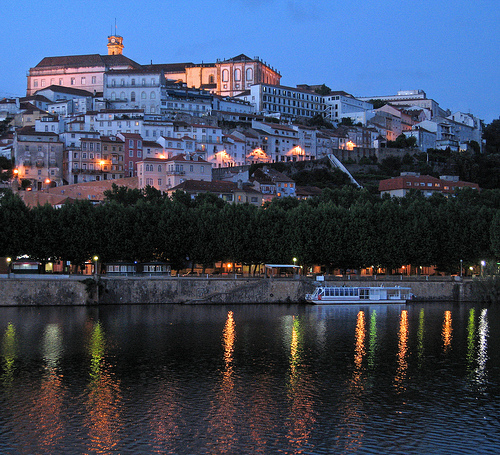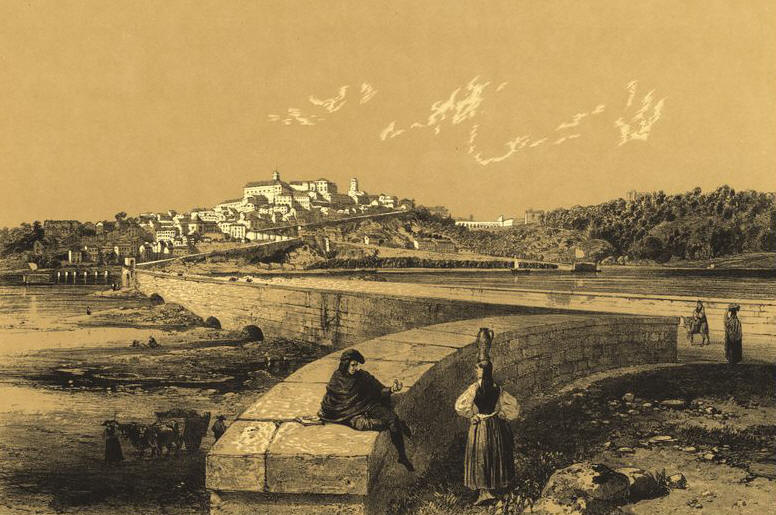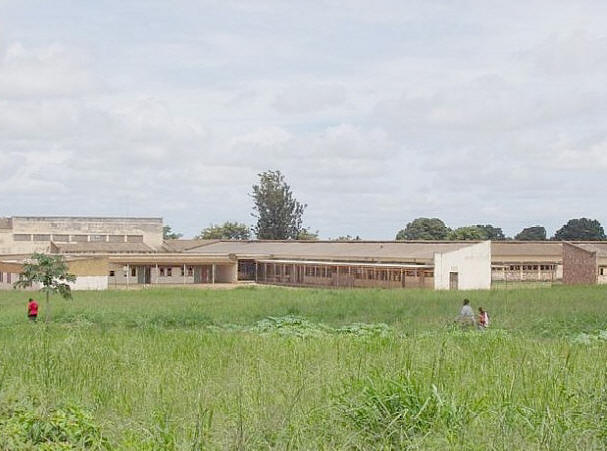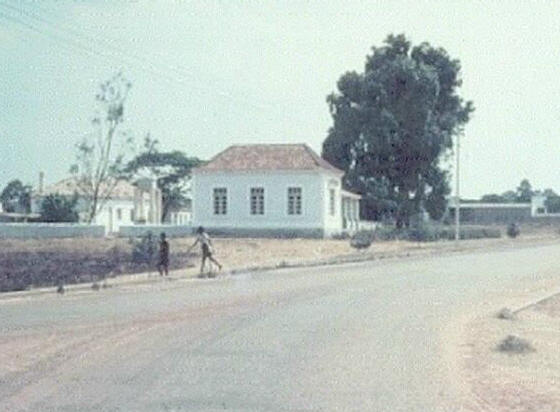|
|
||
|
ACADEMIC DEGREES |
||
|
Habilitation in Chemistry (Molecular Spectroscopy)
University of Coimbra
Faculty for Sciences and
Technology - University of Coimbra
Department of Chemistry
Faculty for Sciences and
Technology - University of Coimbra
Project:
20 / 20
High School Diploma
Malange, Carregal do Sal and Marinha Grande
View of the historic center and buildings of the University of Coimbra (2008).
Rui Fausto was born in Coimbra, the 7th January 1961, son of António Armando da Silva Lourenço (b. 1933, Coimbra) and Maria da Conceição Lourenço (b. 1937, Coimbra). He moved to the industrial village of Marinha Grande just after his birth, where he studied the first two years at the primary school. In 1968, at the age of seven, he moved with his parents and brother (Paulo Renato, b. 1962) to the former portuguese colony, Angola, where he finished the primary school and first half of the high school. He studied successively in Luanda, Henrique de Carvalho, Caluquembe and Malange, till his return to Portugal, in 1975, after the portuguese revolution (25th April). After one year living in the village of Carregal do Sal, Rui Fausto moved again to Marinha Grande, where he finished his high school, and then to Coimbra, to study Physics at the University. After one year studying Physics, he choose to continue studying Chemistry. He finished his graduation in Chemistry, in1984, and later on his Ph.D. in Sciences (specialization: Chemistry), in 1988.
|
View of the town of Coimbra and the University in the begining of the XX Century (litography).
The
University of Coimbra
is one of the oldest
universities in continuous operation in the world, the oldest university of
Portugal, and one of its largest higher education and research institutions.
It is organized into eight different faculties according to a wide range of
fields, granting all the highest academic degrees in architecture,
education, engineering, humanities, law, mathematics, medicine, natural
sciences, psychology, social sciences and sports. It is a founding member of
the Coimbra Group, a group of leading European research universities, whose
inaugural meeting it hosted.
Many historical figures and renowned personalities noted for their activity in fields ranging from politics to culture to the sciences, attended the University of Coimbra as students or lecturers. The long list of personalities includes the Portuguese Nobel Prize in Medicine Egas Moniz, portuguese statesman António de Oliveira Salazar who was the founder and leader of the regime that presided over the last period of the Portuguese Empire from 1933 to 1974, or famous 16th century mathematicians like Pedro Nunes, who is considered one of the greatest portuguese mathematicians ever, and the German Christopher Clavius, who was the main architect of the modern Gregorian calendar. |
|
|
Memories of the youth |
||
|
|
|
|
| Left: High School (Liceu Adriano Moreira) in Malange, where Rui Fausto was studying at the time the portuguese revolution of 25th April 1974 took place. Right: Buildings of the primary school in Caluquembe, a little village lost in the mid planalt of Southwest Angola, which was also Rui Fausto's home in 1973. | ||



